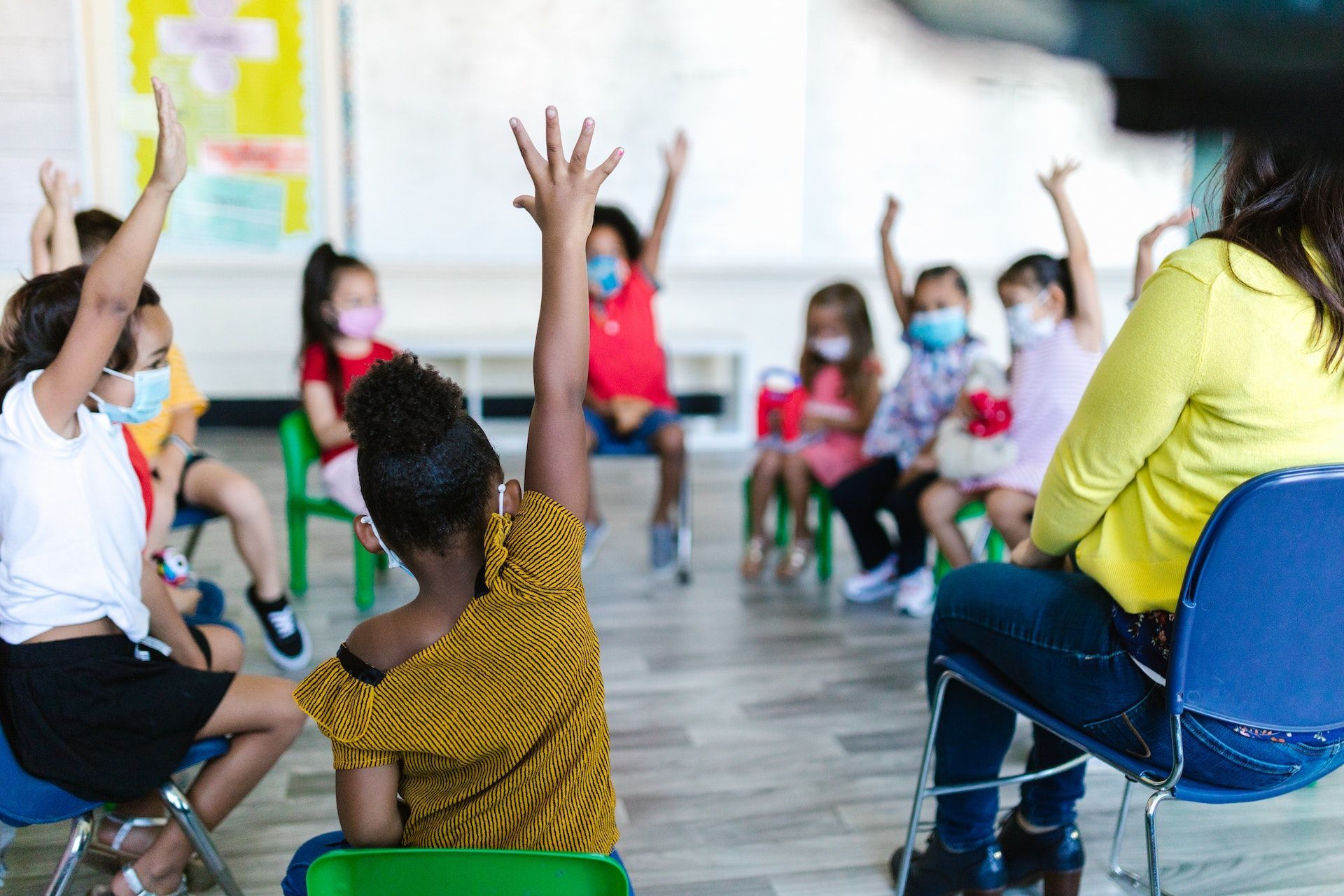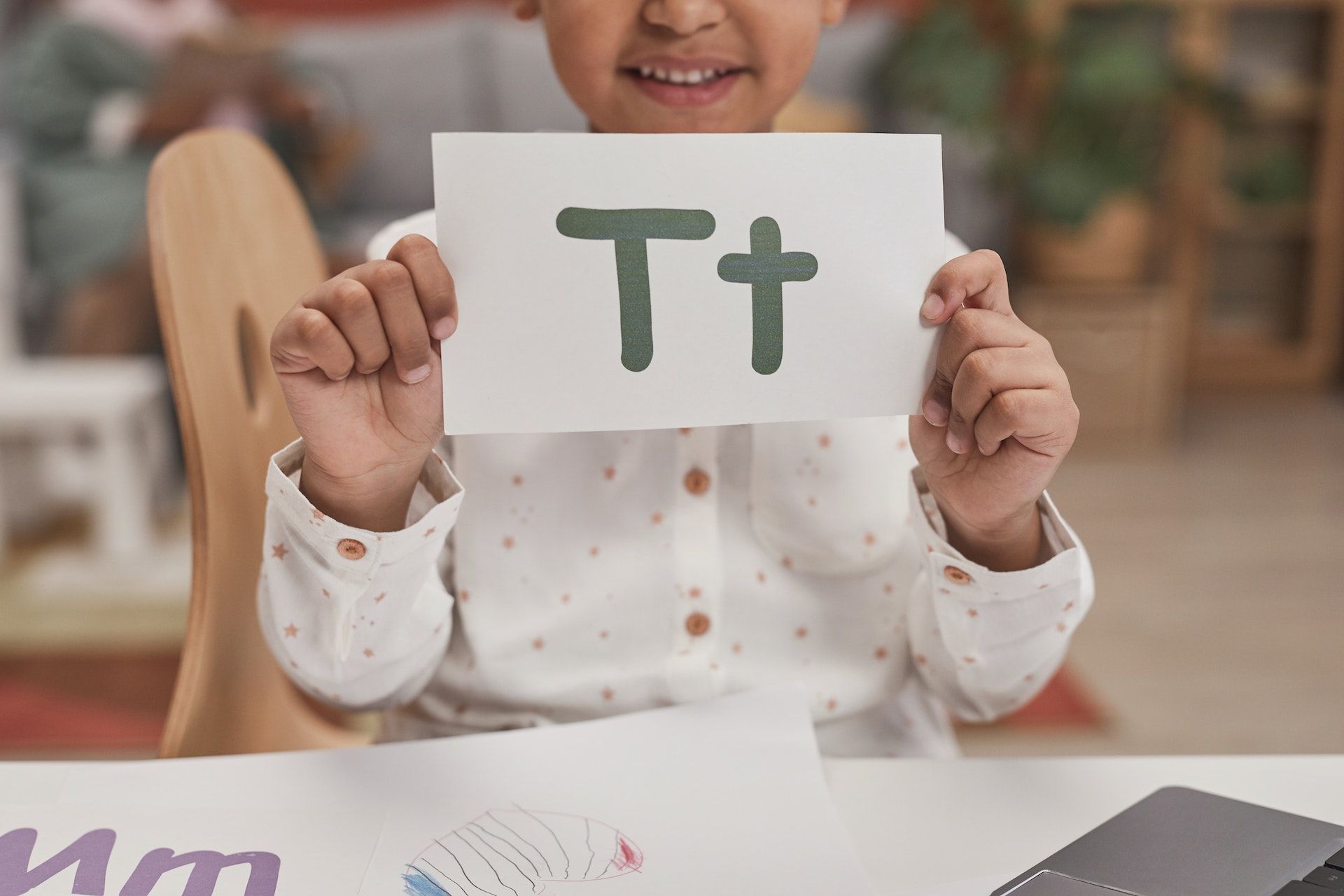Literacy Games for Neurodiverse Students
Literacy Games for Neurodiverse Students: Benefits and Suggestions
Neurodiverse children may face learning difficulties. To promote their educational success, teachers must have an individualized and adapted approach for these students.
With that in mind, we will present why atypical children face these difficulties and the benefits of using games in the learning process. Additionally, we have prepared a list of accessible activities that aid in the literacy process.
Why do neurodiverse children have learning difficulties?
Neurodiverse children may experience learning challenges due to a variety of factors related to their neurological condition.
Neurodiversity refers to the natural variation in brain functioning.
It encompasses a wide range of conditions, such as Autism Spectrum Disorder (ASD), Attention Deficit Hyperactivity Disorder (ADHD), and dyslexia, among others.
Some factors that contribute to these difficulties:
- Atypical sensory processing: Many neurodiverse students may be more sensitive or less sensitive to stimuli such as light, sounds, textures, and smells. This can make it difficult for them to concentrate and focus on the classroom.
- Non-linear information processing: This can make it challenging to understand logical sequences, follow complex instructions, or make connections between different concepts.
- Differences in attention and executive control:
Atypical children, such as those with ADHD, may struggle to concentrate on specific tasks or control impulses. This can affect their ability to fully engage in activities proposed by teachers.
- Difficulties in communication and language: Some atypical students may have difficulties in verbal or written expression, such as problems with sentence construction or understanding grammatical structure. These difficulties can impact the development of new reading, writing, and communication skills.
Remember: specific needs and challenges can vary widely among neurodiverse children, depending on their diagnosis and individual characteristics.

Benefits of using games for literacy in neurodiverse students
In this context, the use of games for literacy in neurodiverse students can bring several benefits. After all, games provide a playful and engaging form of learning that helps motivate and sustain children's interests. The visual and hands-on approach of these activities allows students to learn in a more concrete and sensory way.
Literacy games can be adapted to meet the needs of each student. They offer a safe environment for practicing reading and writing skills, where students can explore, make mistakes, and learn at their own pace. Additionally, games stimulate the development of concentration, memory, and other cognitive skills, fostering strategic thinking and problem-solving abilities.
Group play helps eliminate barriers and allows for the participation of everyone. Moreover, it is excellent for stimulating communication, cooperation, and
collaboration among students. This social interaction strengthens bonds among peers and promotes the development of social and emotional skills in both typical and atypical students.
Suggestions for Literacy Games
Here are some suggestions of games and activities that can be used in the classroom to support the literacy of children with autism, ADHD, dyslexia, and other neurodivergencies:
- Letter Bingo:
Create bingo cards with letters instead of numbers. Call out letter sounds or names, and players mark the corresponding letters on their cards.
- Sight Word Scavenger Hunt:
Hide sight word cards around the room or outdoors. Students search for the cards and read the words aloud when they find them.
- Word Building with Magnetic Letters: Provide magnetic letters and a magnetic surface. Students can use the letters to build words, practicing letter recognition and phonics.
- Jade Edu:
An educational software that supports schools and educators with games to enhance students' cognition, both inside and outside the classroom. In addition to games, the platform measures the performance of each player, identifies their challenges and strengths, and provides performance reports to teachers. These data enable the creation of personalized teaching strategies and a more inclusive classroom.
Learn more!
- Rhyme Time Memory Game:
Create pairs of cards with rhyming words. Place them face down and take turns flipping two cards, trying to make matches.
- Sentence Creation Relay:
Divide students into teams. Each team has a set of word cards. They race to create grammatically correct sentences by arranging the cards in the correct order.
- Story Chain: Start with a sentence and have each student add a sentence to continue the story. This game promotes creativity, vocabulary, and sentence structure.

Conclusion
In summary, games for literacy in neurodiverse students are a valuable tool. They provide a
playful and engaging approach, adapted to individual needs, promoting the development of linguistic, cognitive, and social skills. With the proper use of these games, it is possible to create an
inclusive and stimulating learning environment
for both typical and atypical children.
About Jade
Jade Autism is a company that promotes
inclusive education
through technology. Our solutions support children and adolescents with
Autism Spectrum Disorder (ASD),
Down Syndrome,
dyslexia, and other neurodevelopmental disorders, enabling schools and teachers to offer an
individualized approach for each student.
All this is done through
Jade Edu, and
Jade APP, which together promote the cognitive development of these students through games, and provide support to teaching professionals.
Todos os direitos reservados | Jade Autism
Assine nossa Newsletter
Fique por dentro de todas as novidades do universo da educação e autismo.
newsletter
Obrigado por assinar nossa newsletter!
Desculpe, houve um erro ao enviar. Tente novamente mais tarde.
Assine nossa Newsletter
Fique por dentro de todas as novidades do universo da educação e autismo.
Contate-nos
Retornaremos assim que possível.
Tente novamente mais tarde.
contato@jadeautism.com
Brasil: Av. Nossa Sra. da Penha, 1255, Sala 705 – Santa Lúcia, Vitória/ES
Emirados Árabes Unidos: Office 16-120, Floor 16, Wework Hub71, Al Khatem Tower - ADGM Square - Al Maryah Island - Abu Dhabi
UK: Innovation Centre, Gallows Hill, Warwick - England - CV34 6UW
US: 5401 S Kirkman Rd, Suite 135 - Orlando, Forida - US - 32819

